Nurses, doctors, engineers, university students, restaurateurs…are leaving Tunisia in droves. The country is losing its skilled workforce to Europe and the Gulf countries, with no end to the exodus in sight.
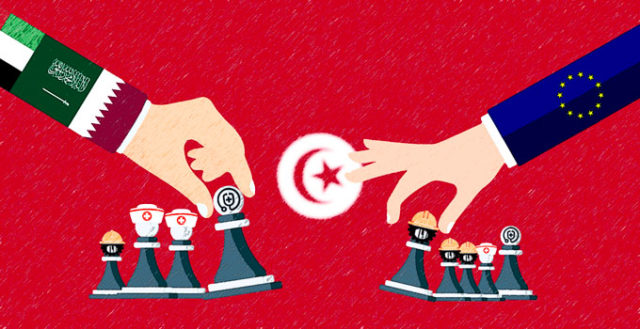

Nurses, doctors, engineers, university students, restaurateurs…are leaving Tunisia in droves. The country is losing its skilled workforce to Europe and the Gulf countries, with no end to the exodus in sight.
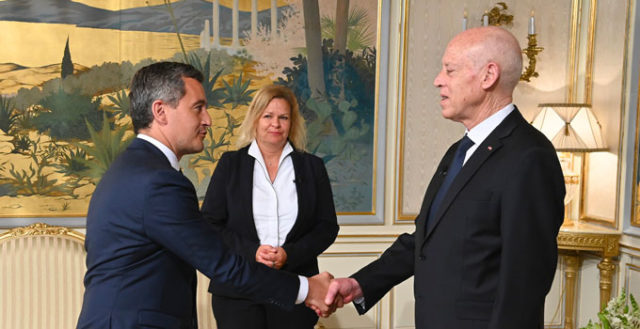
Over the past month, Tunis has received visits from a number of European officials offering aid to the Saied regime in exchange for cooperation on migration issues. Their proposals all revolve around one prickly question: the return and readmission of Tunisian and foreign immigrants.

Violence against women has reached an alarming high. On average, one woman is killed by her husband every month. Law 58 of 2017 was adopted to prevent such violence. And yet five years later, the political will and resources necessary for its application are still MIA.
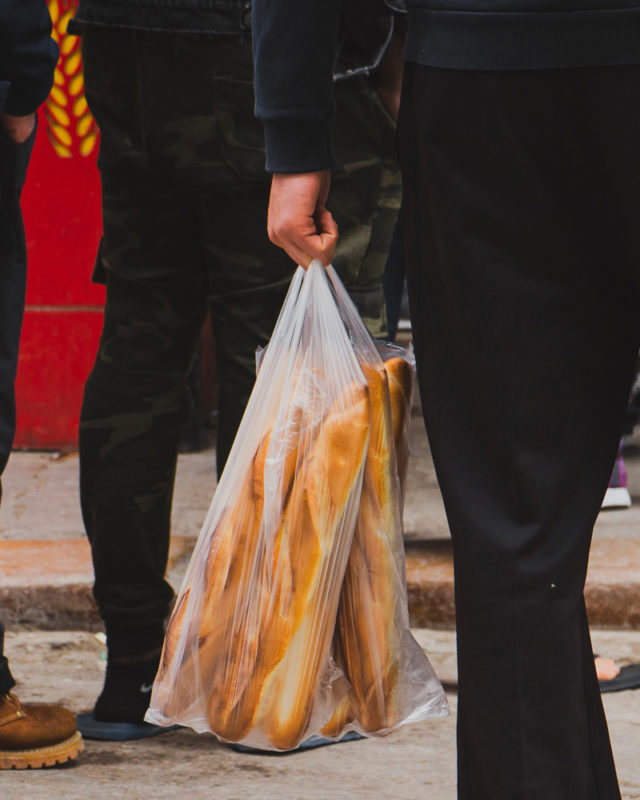
As president Kais Saied has explained to Tunisians, the country’s bread shortage was orchestrated by certain actors in order to provoke crises and exacerbate the social situation. The Ministry of Commerce has attributed the shortage to consumers’ frenzied and voracious appetite for bread. In the meantime, the structural crisis relating to the country’s wheat supply, State control over the sector and commodity subsidies intensifies.
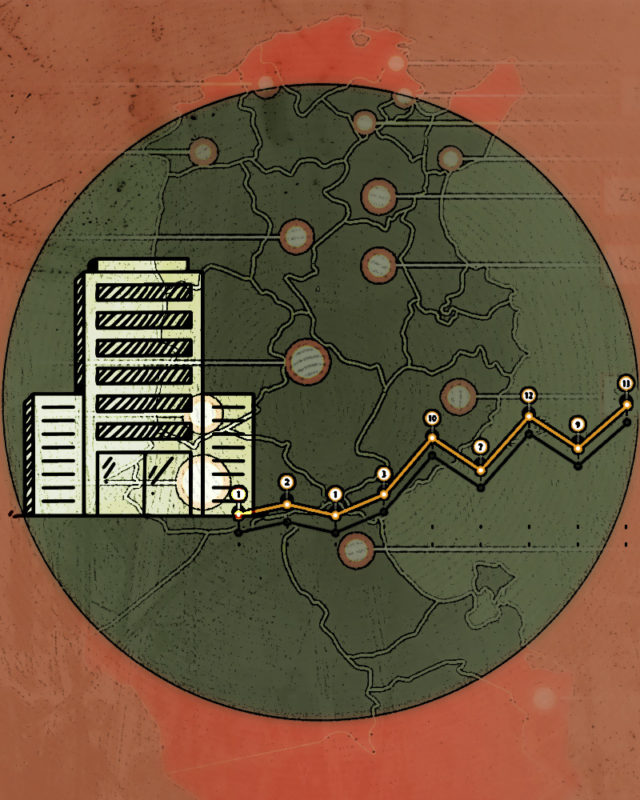
The majority of community-based enterprises created over the past year intend to operate in agriculture. But this project, driven from start to finish by the president, has yet to live up to expectations.
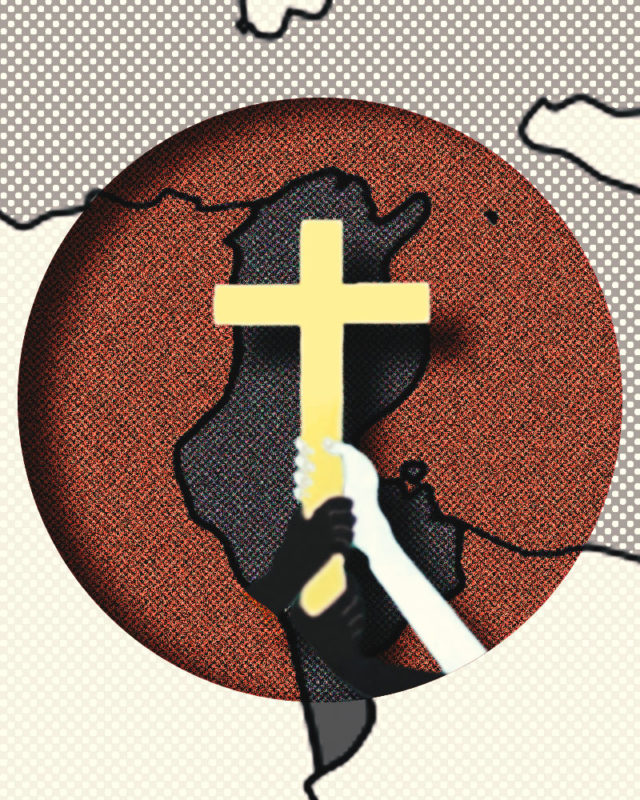
The religious tendencies of immigrants in Tunisia have become an object of politicization. President Kais Saied accuses Christian immigrants of threatening the country’s Muslim identity. Protestants have taken to worshiping in rented hotel conference rooms, where they can practice their religion–though not without fear for their safety. And the government stands by.
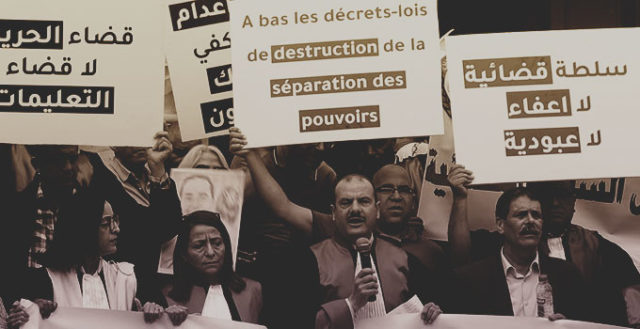
One year after Kais Saied’s dismissal of 57 judges, Tunisia’s judiciary has never been less independent. Working under pressure and fearing retaliation from the executive power, Tunisian judges have never fared worse. Not even under the Ben Ali regime, according to a representative of the profession.
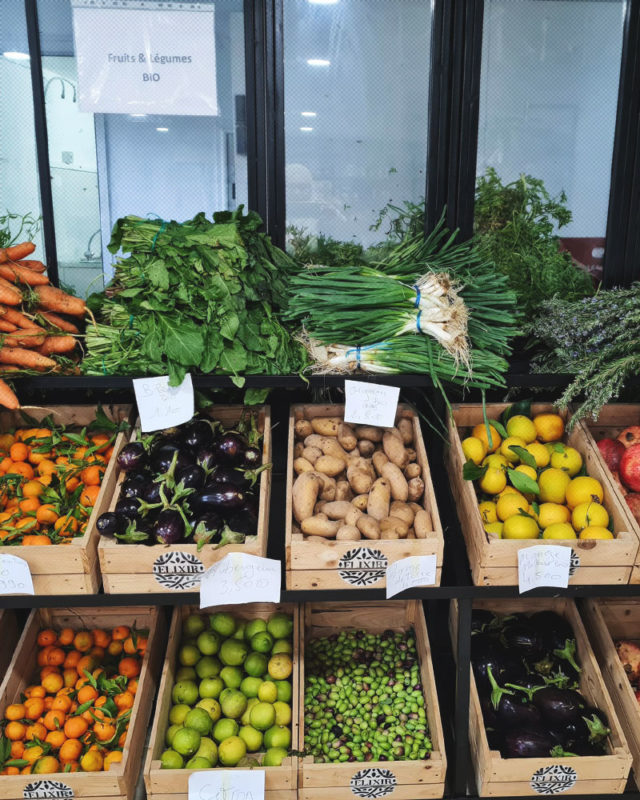
Organic has yet to become commonplace in the day-to-day of Tunisian consumers. Even though the surface area of organically-grown crops has increased by 1,000 over the past 25 years, local consumption of organic goods remains minimal. Some point a finger at consumers themselves, while others blame the government. What exactly has prevented organic from taking off in Tunisia?
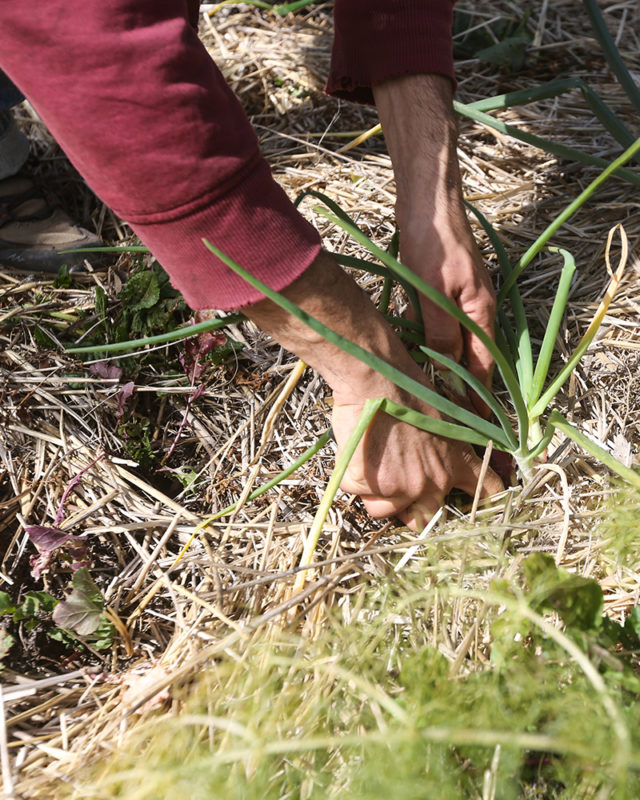
Who has not heard a friend or family member express the desire to drop everything, move to the mountains and grow everything one needs in one’s own garden? A community in Homrane, tucked away in the forest of Ain Drahem, has turned this dream into a reality. And the work that this small group has accomplished in three years is tremendous.
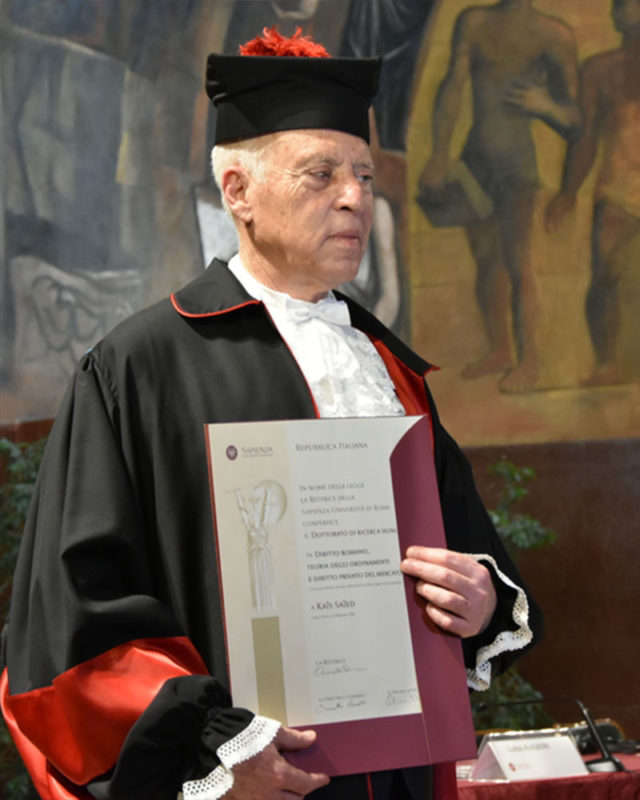
Since 2021, Tunisia has been living a paradox. Never has the rule of law been so abused as it is today, under the regime of a university professor of constitutional law. Most concerning about the situation are its potentially long-lasting consequences, and the series of dangerous precedents now engraved in the country’s collective memory.
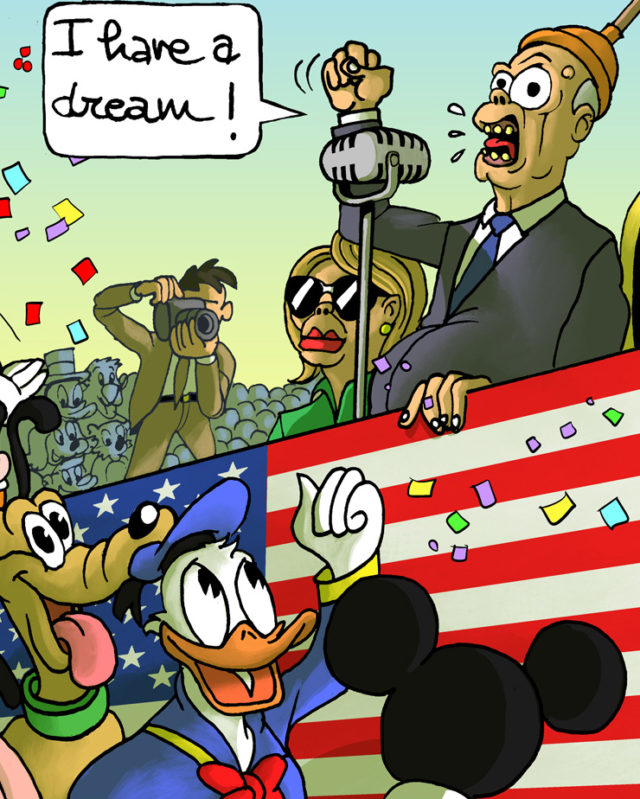
President Kais Saied’s time in power has been anything but uneventful. However, his claims of speaking for ‘the people,’ his hatred of any institution that stands in his way and his endless conspiracies, which dominate the public conversation while the economy sinks, all have parallels. They’re there in Donald Trump, Hugo Chavez and even Silvio Berlusconi.
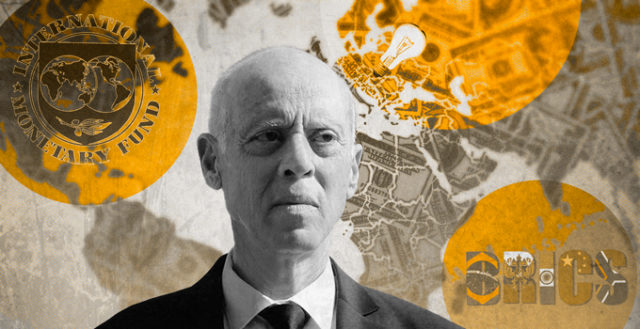
President Saied’s hostile remarks about IMF injunctions have stirred public debate around economic alternatives to pull Tunisia out of crisis. The struggle is bitter between adepts of the classic « structural adjustments » prescribed to save flailing economies, and adherents of the president’s magical thinking-based approach.

Television stations have traditionally reserved the majority of airtime for entertainment shows during the holy month of Ramadan. This seasonal exception is, however, becoming the rule throughout the entire year, as stations continue to shed their political programming. Not only are Tunisians overcome by « news fatigue », but also apolitical shows are far more conducive to product placement.
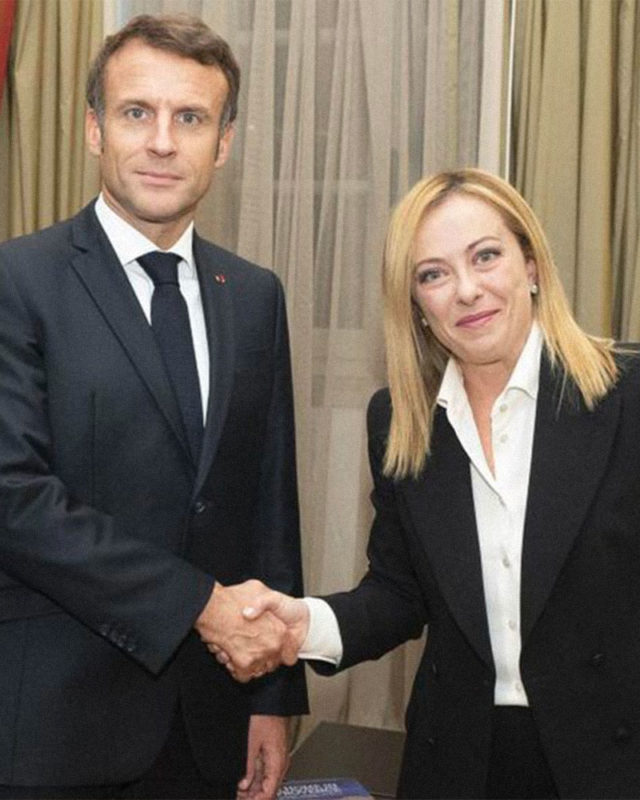
Recent statements by high officials in the West—namely Giorgia Meloni and Emmanuel Macron—in addition to increased contact with Qatar are burying the aspirations to turn away from Tunisia’s traditional western allies, as proposed by supporters of the current regime. Close up on the geopolitics of president Kais Saied.
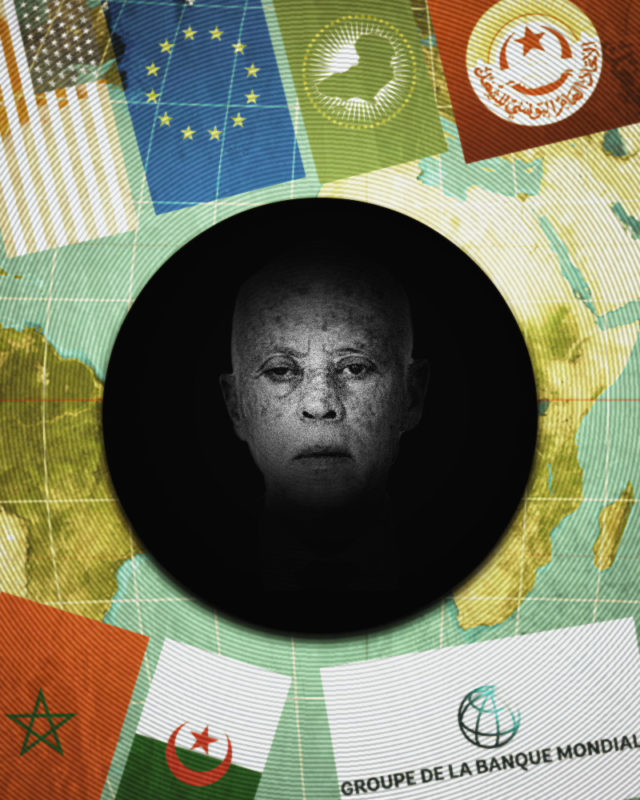
Both at home and abroad, Kais Saied is—more than ever—alone. Well before his scandalous remarks concerning sub-Saharan migrants, he had already erected the walls and forged the bars of the cell that he occupies today. And with his isolation, Tunisia is condemned to devastating paralysis.
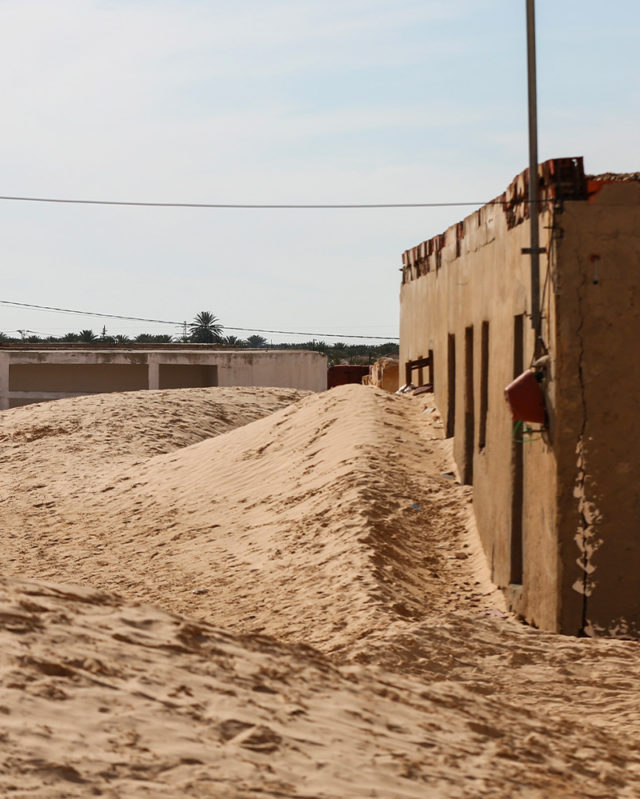
El Faouar, Kebili governorate: the lack of water, encroaching sand, plummeting revenues from date palm production, and inability to invest in lands in order to make them arable have put much of the local population in an impossible situation. With little or no hope left for the future, many locals are leaving El Faouar in search of new horizons.
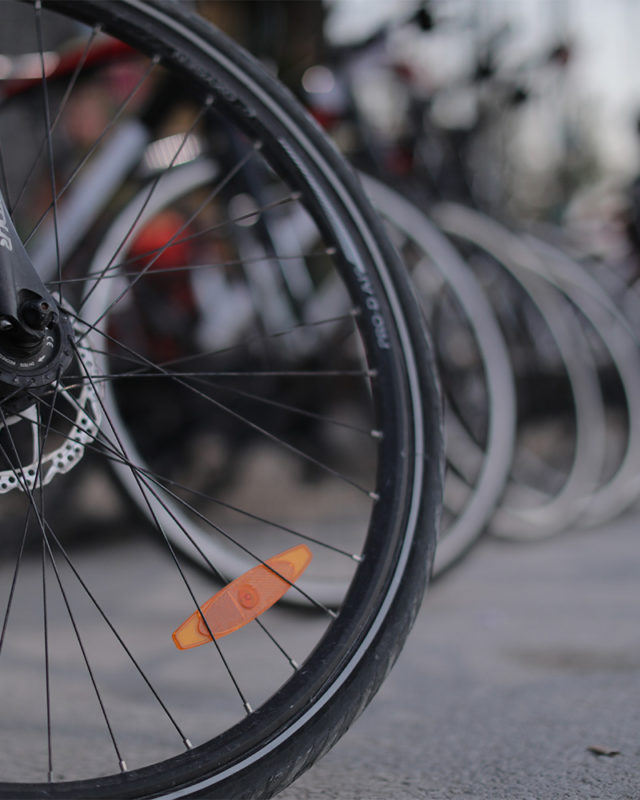
Rising fuel prices, a failing public transportation system, air pollution… More and more Tunisians are turning towards the two-wheel solution: bicycling.

As water levels in Tunisia’s dams have fallen, the country itself has fallen below the water poverty line. Water levels in the country’s dams are at a record low in comparison with previous years, at 28.5% of reserve capacity, according to the Ministry of Agriculture and Financial Resources. This drop has had a direct impact on agricultural activities and contributed to soaring prices, while also causing interruptions in the supply of water used for irrigation and human consumption.